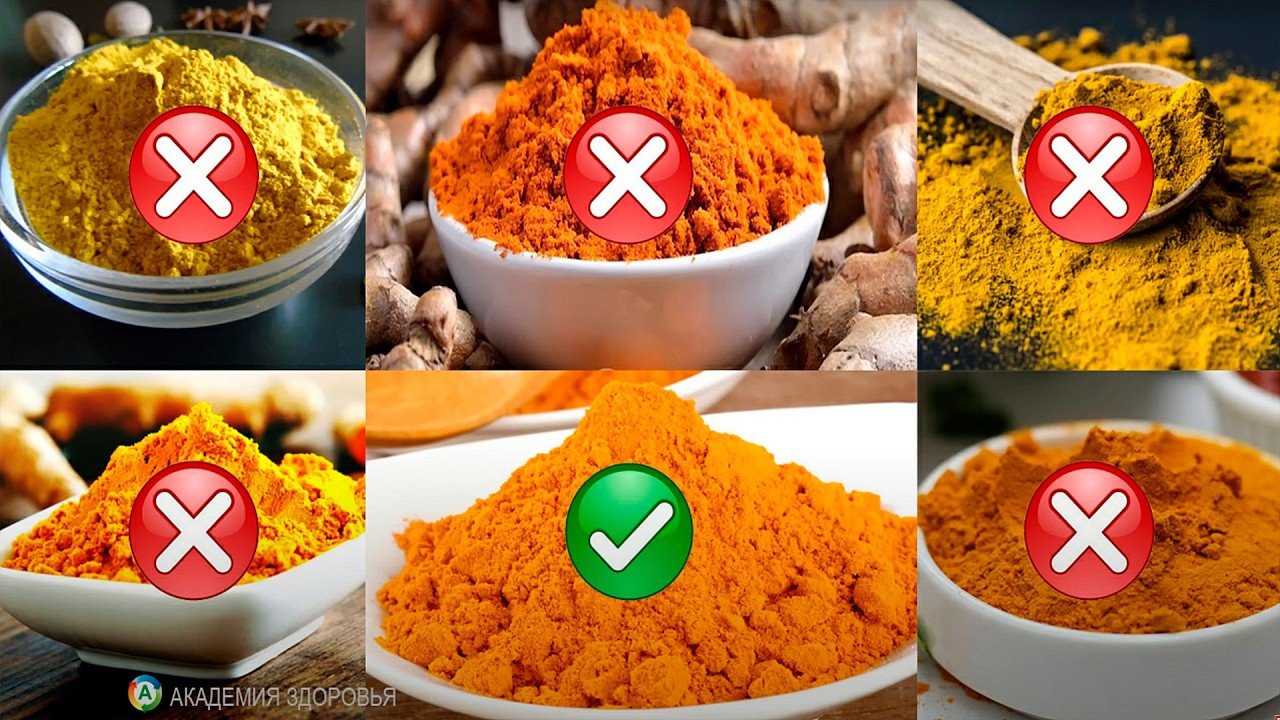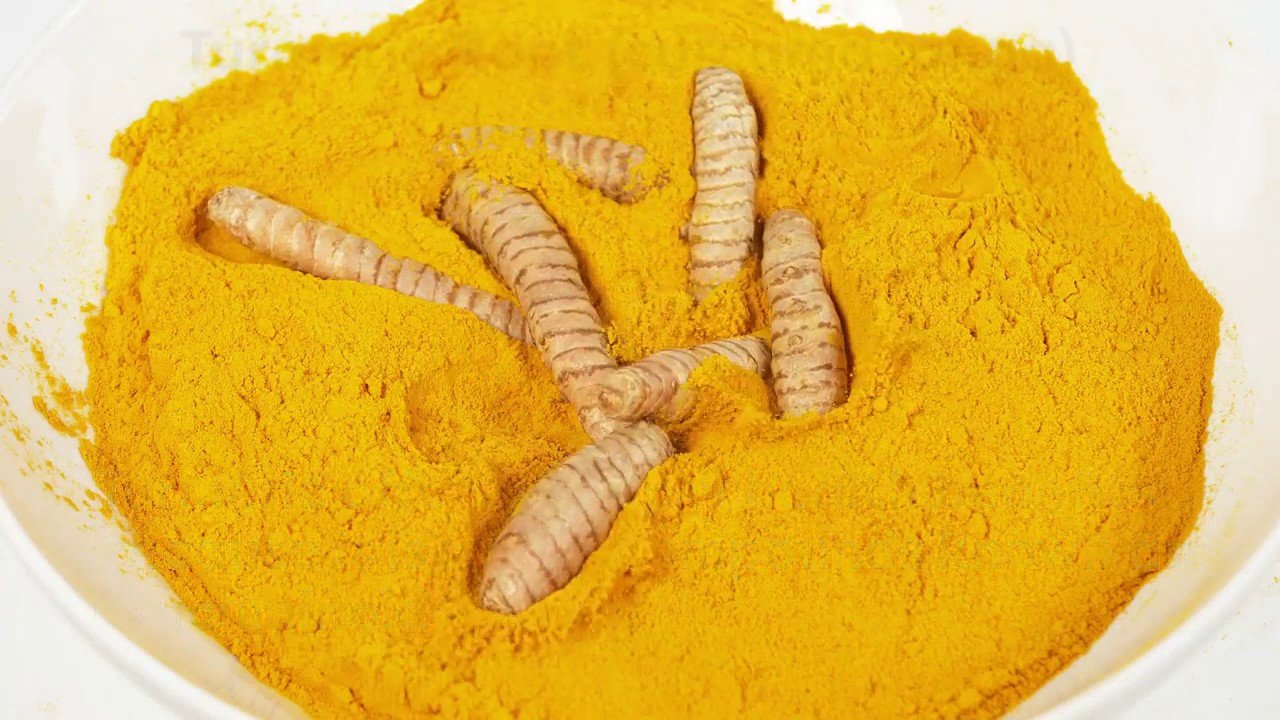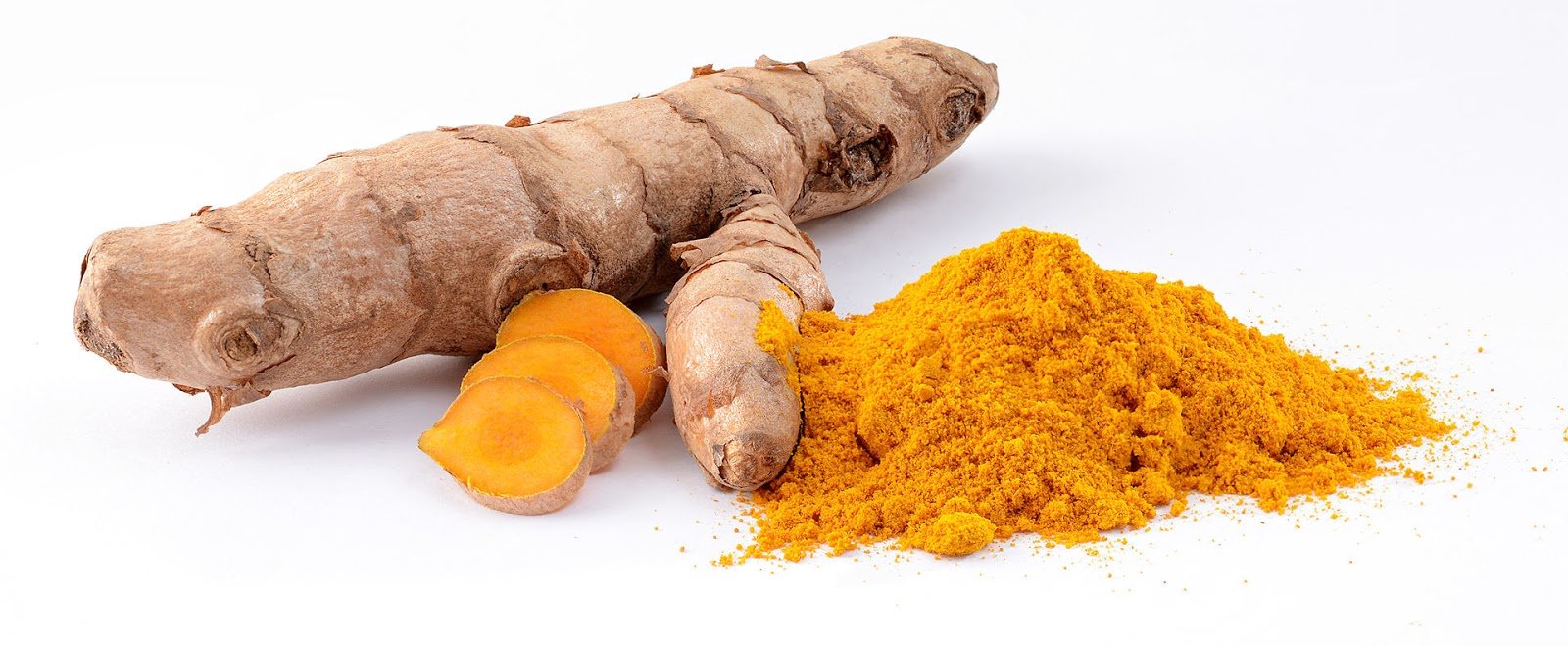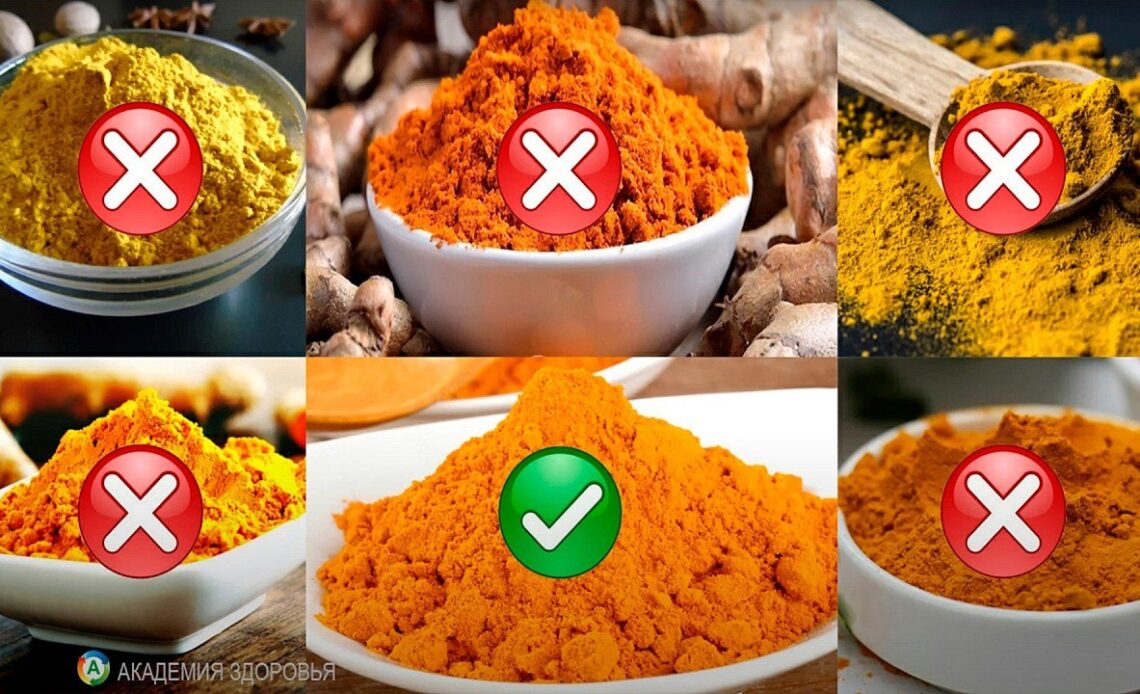Turmeric, the vibrant golden spice that has graced our kitchens and medicine cabinets for centuries, has recently experienced a surge in popularity. Celebrated for its potent anti-inflammatory and antioxidant properties, turmeric is hailed as a natural remedy for a multitude of ailments. However, before you rush to stock up on this seemingly miraculous spice, there are crucial factors you need to consider. This article delves into the potential dangers and hidden truths surrounding turmeric, ensuring you make informed decisions about its consumption.

**The Allure of Turmeric: A Double-Edged Sword**
Turmeric’s allure lies in its active compound, curcumin, a potent antioxidant and anti-inflammatory agent. Curcumin has been studied extensively for its potential to alleviate pain, reduce inflammation, and even combat chronic diseases. However, the reality is far more nuanced.
**Potential Dangers and Side Effects:**
– **Contamination:** Turmeric is often grown in regions with less stringent agricultural practices, leading to potential contamination with heavy metals like lead, arsenic, and cadmium. These contaminants can accumulate in the body, posing serious health risks.

– **Adulteration:** Due to its high demand, turmeric is frequently adulterated with cheaper, potentially harmful substances like lead chromate, a bright yellow industrial pigment. This adulteration can lead to lead poisoning and other health complications.
– **Interactions with Medications:** Turmeric can interact with certain medications, such as blood thinners and diabetes medications, potentially leading to adverse effects.
– **Digestive Issues:** In some individuals, turmeric can cause digestive problems like nausea, diarrhea, and stomach upset, especially when consumed in large quantities.

– **Allergic Reactions:** Although rare, allergic reactions to turmeric can occur, manifesting as skin rashes, itching, and hives.
– **Oxalate Content:** Turmeric contains oxalates, which can increase the risk of kidney stones in susceptible individuals.
– **Iron Deficiency:** Very high doses of turmeric can interfere with iron absorption.
**Hidden Truths About Curcumin Absorption:**
– **Poor Bioavailability:** Curcumin, the active compound in turmeric, has poor bioavailability, meaning the body struggles to absorb it. This limits its therapeutic potential.
– **The Piperine Paradox:** To enhance curcumin absorption, it’s often combined with piperine, a compound found in black pepper. However, piperine can also increase the absorption of other substances, including potentially harmful ones.

– **The Importance of Quality:** The quality of turmeric supplements varies significantly. Many contain low concentrations of curcumin or are adulterated with other substances.
**How to Choose Turmeric Safely:**
– **Source Matters:** Opt for organic turmeric from reputable suppliers who conduct rigorous testing for contaminants.
– **Whole Turmeric vs. Supplements:** Consider using whole turmeric root or powder instead of supplements, as it’s less likely to be adulterated.
– **Combine with Healthy Fats:** Curcumin is fat-soluble, so consuming turmeric with healthy fats like coconut oil or olive oil can enhance absorption.
– **Moderation is Key:** Consume turmeric in moderation, as excessive intake can lead to adverse effects.
– **Consult Your Doctor:** If you have any underlying health conditions or are taking medications, consult your doctor before consuming turmeric.
**The Bottom Line:**
Turmeric possesses undeniable health benefits, but it’s crucial to approach its consumption with caution. By understanding the potential dangers and hidden truths surrounding this spice, you can make informed decisions and minimize your risk of adverse effects.
